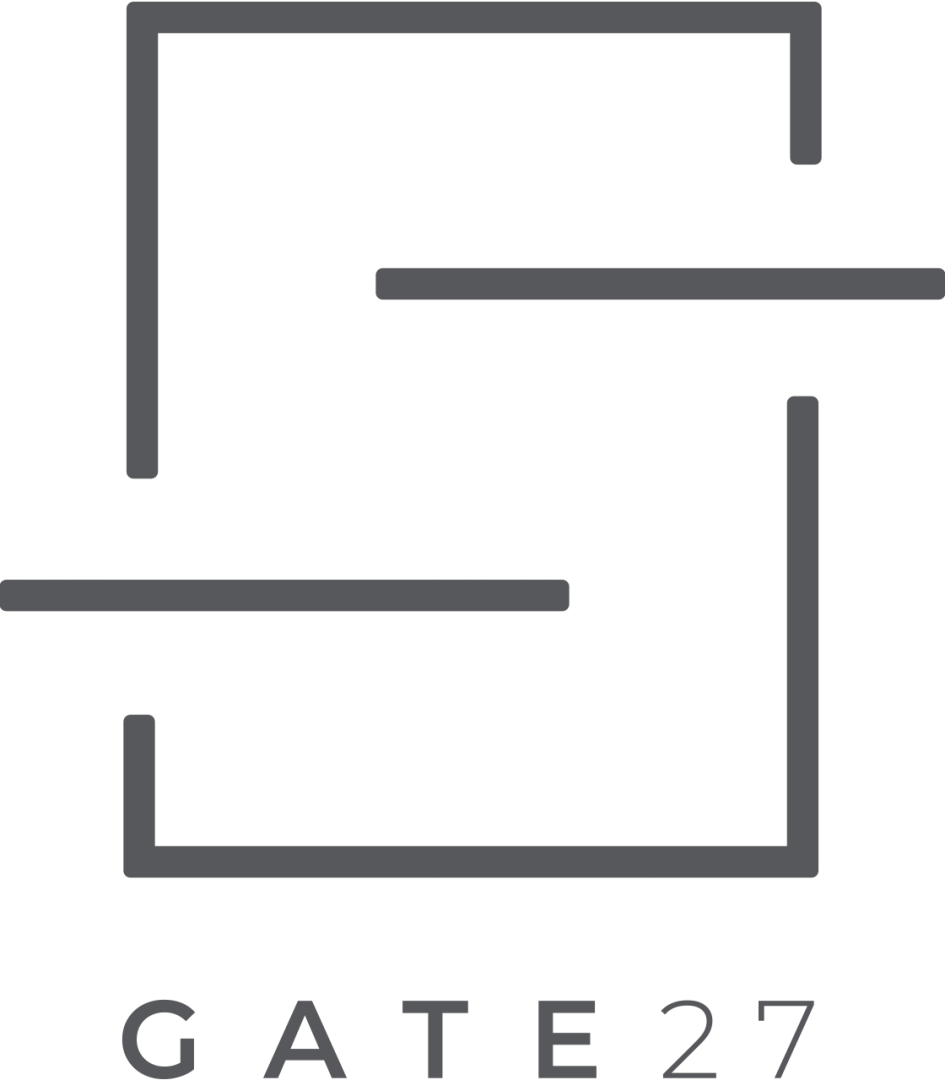Edit Content

Gate 27, farklı pratiklerin araştırma ve üretim süreçlerini desteklemek ve disiplinlerarası etkileşime zemin yaratmak amacıyla 2019’da kurulmuş bir uluslararası konuk sanatçı programıdır.

Gate 27, farklı pratiklerin araştırma ve üretim süreçlerini desteklemek ve disiplinlerarası etkileşime zemin yaratmak amacıyla 2019’da kurulmuş bir uluslararası konuk sanatçı programıdır.
Akram Zaatari is a film producer, photographer, archive artist and curator born in Sidon, Lebanon in 1966. He received a Bachelor’s degree in Architecture from the American University of Beirut in 1989 and a Master’s degree in Media Studies from the New School in New York in 1995. Zaatari’s work mainly reflects on the shifting nature of borders, the production and circulation of images in the context of the current political divisions in the Middle East. By co-founding the Arab-Image Foundation, he also played a crucial role in developing the contemporary art scene in Beirut with his contributions to the broader discourse on history, preservation and archival practice.
His works have been displayed in a number of art institutions such as the Centre Pompidou (Paris), Hans der Kunst (Munich), Lisson Gallery (London), MUSAC (Leon, Spain), Van Abbemuseum (Eindhoven), Centre for l’Image Contemporaine (Genéve), Palais des Beaux Arts (Brussels) and art biennials such as the Venice Biennale (2013), Documenta 13 (2012), Istanbul Biennale (2011), Sharjah Biennale (2011), Biennale of Sao Paulo (2006) and Gwangju Biennale (2006). Zaatari has been focusing on the archive of Studio Shehrazade in Saida, Lebanon, studying, indexing and presenting the work of photographer Hashem el Madani (1928 -) as a register of social relationships and photographic practices. He lives and works in Beirut, Lebanon.
Akram Zaatari’s current archival project “Father and Son” builds on Osman Hamdi Bey’s archaeological excavations in Saida that led to the discovery of the sarcophagi of two Phoenician kings: Tabnit (excavated in 1887, now at the Istanbul Archaeology Museum) and Eshmounazar (excavated in 1855, now at the Louvre, Paris). By looking at the role of photography in the research of the city’s memory today, the artist is focusing on the archives related to Osman Hamdi Bey from the Ottoman archives in Istanbul during his residency at Gate 27.
© 2023 GATE 27